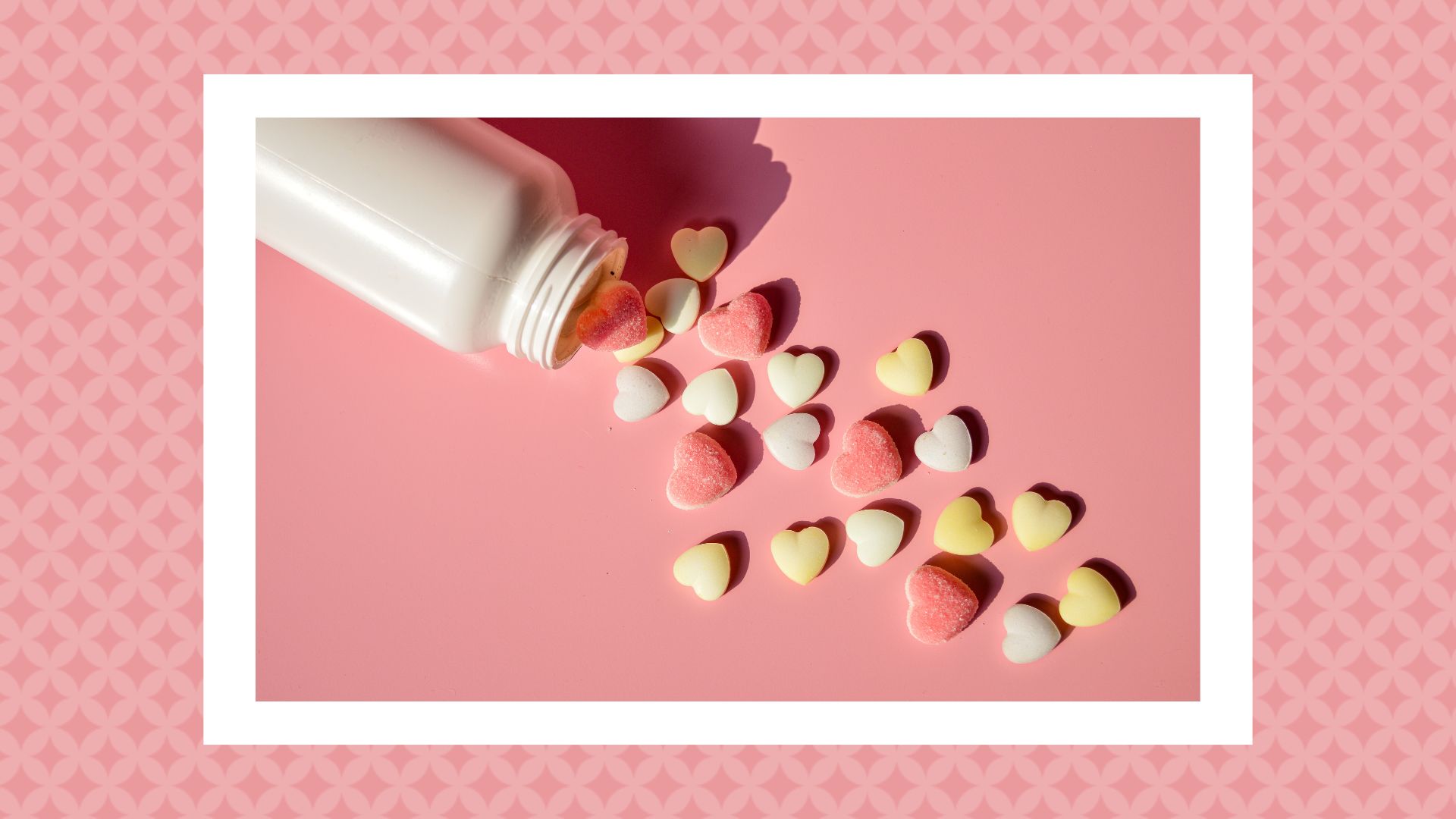
Another player has entered the #Scandoval phenomenon: love addiction. But does the romantic fixation have any legitimacy?
According to Raquel Leviss, it's the reason that the former Vanderpump Rules star became all-consumed in her affair with Tom Sandoval, an indiscretion that has gone down in reality TV infamy and caused a media firestorm in its wake. On Wednesday, August 16, Leviss sat down for a talk on Bethenny Frankel's "Just B" podcast to discuss the relationship, her earnings from Bravo, and what transpired during her time in a mental health facility.
"It took me a while to accept, but I learned about love addiction and it's a real thing. It's where you confuse intensity for intimacy," she told Frankel.
She also revealed why she decided to seek help: "The reason why I wanted to go to a treatment facility was to understand my behaviors. And my goal was to really get down to the bottom of, 'OK, why am I choosing men that are unavailable? Why do I keep finding myself in unhealthy relationships?'"
So, what should we know about love addiction and its power? We spoke to dating experts to find out.
What is 'love addiction,' exactly?
"Love addiction" can also be used interchangeably with "pathological love," and it's just as it sounds.
"In my opinion, love addiction is a new term for an old pattern of overly excessive, unhealthy, obsessive feelings and actions towards a romantic interest," says Maria Sullivan, dating expert and vice president of Dating.com. "Love addiction entails one person expressing emotions so intensely that they’re seemingly out of their own control."
According to PsychCentral, love addiction is not "recognized as a clinical term and cannot be medically diagnosed." Likewise, Psychology Today echoes the sentiment but notes that the behavior oftentimes "permeates one's life" and could potentially be the result of impulsivity and novelty-seeking.
Regardless of where you stand on the technicalities, most people can agree that such an obsessive feeling truly has the power to do damage. So how do you break free of the toxicity?

How to break free of love addiction
When you change who you are fundamentally to accommodate an over-the-top relationship, the most important thing to do is take a breather.
"The first step is realizing that you have an issue and accepting it and then once you realize it, then you can work on it," said dating expert Jacqueline Fae.
Here's how to go about doing that.
1. Love yourself first
As wonderful as it is to feel excited about a relationship, you cannot just prioritize your partner; you have to be concerned with yourself, too.
"The reason why we have love addiction is because we're not loving ourselves at that moment and we're loving someone too much and they're filling the void," Fae said.
You are worthy of compassion, so don't forget to spread the love and not just hone in on your partner.
2. Make time for things you love
As mentioned, love addiction has the ability to "permeate" one's everyday routine. Don't let your romance become all-encompassing; remember all of the things you love and make time for them.
When you realize you're [obsessing] that's when you've got to start doing something for yourself: going to yoga, taking yourself to lunch, going to the spa. Do something for you that makes you happy," Fae added.
3. Set boundaries
Breakups are hard on everyone, but when dealing with a partner that could be emotionally harmful, it's best to split—and stick to it.
"A toxic partner may also attempt to keep you on the hook and drag you back into it, so when deciding to end a toxic relationship, set rules for yourself when it comes to contact with your ex and the types of conversations that you will and will not have with each other," Sullivan suggests.
4. Lean on a support system
Never lose sight of the friendships and familial connections that add meaning to your life, no matter how wonderful you think your romance might be. It's never okay to isolate yourself from the people you love, and you'll realize this is especially true when you need someone to lean on.
"Before the breakup, identify a strong support system of friends or family and plan to rely on them when needed," Sullivan suggests. "This is a great way to stay strong in your decision amid emotional pressure and turbulence with a toxic ex.
She adds, "Having at least one loved one that will put you in check and remind you of the negative aspects of the relationship can be extremely helpful if you’re having trouble moving on."







